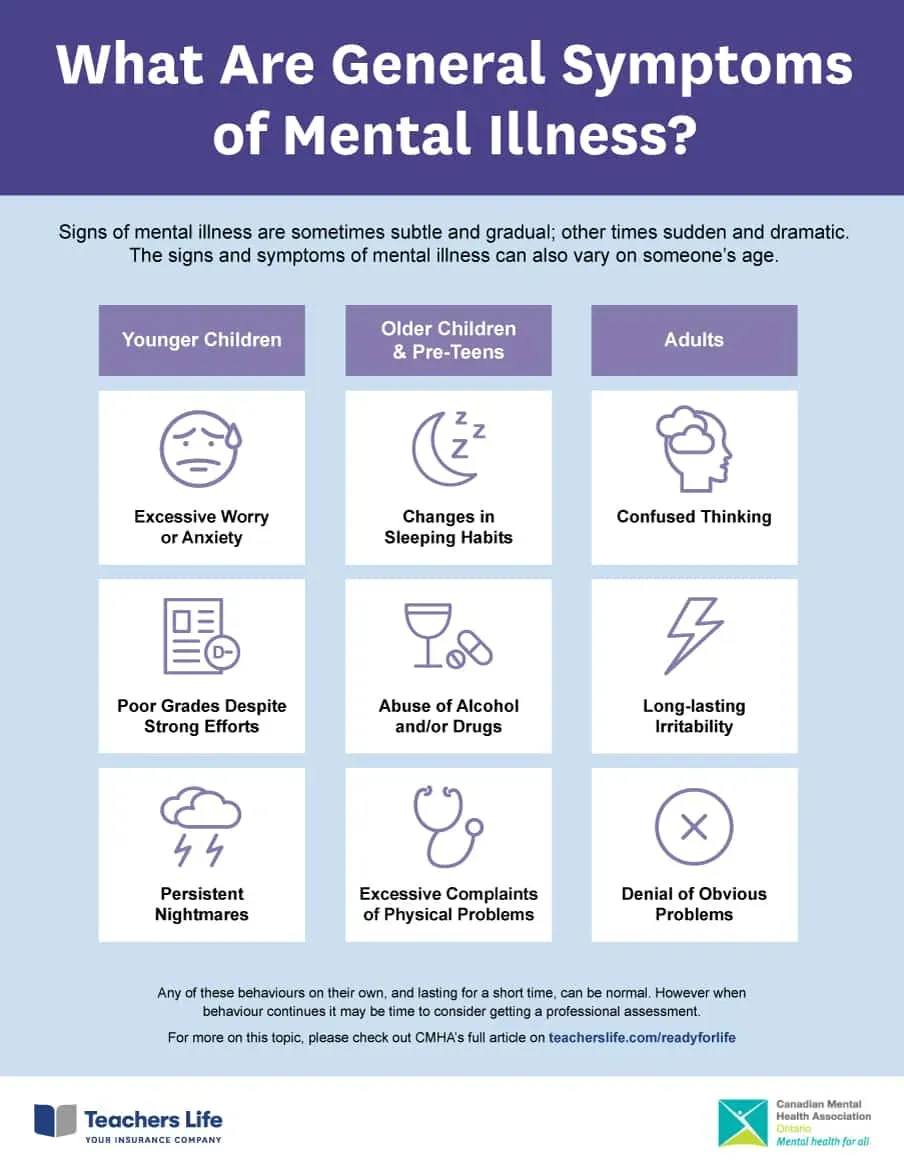In today’s fast-paced world, the pursuit of mental health often feels like a relentless race to add more: more habits, more routines, more strategies. Yet, what if the true path to wellness lies not in accumulation but in liberation? Imagine the possibilities that unfold when you release the burdens that weigh you down—be it mindless scrolling, over-committing, or seeking validation from others. This exploration invites you to examine the unhealthy behaviors that drain your energy and well-being, paving the way for a lighter, more focused existence. Join us as we uncover the transformative power of letting go, revealing how simple changes can lead to profound mental clarity and peace.
| Unhealthy Habit | Why It’s Harmful | How to Break the Habit |
|---|---|---|
| Weighing Yourself Daily | Can harm self-esteem and body image; doesn’t reflect true health. | Focus on how your body feels and other health markers instead. |
| Overcommitting to Obligations | Leads to burnout and drains mental energy. | Practice saying ‘no’ to requests that don’t align with your values. |
| Mindlessly Scrolling Social Media | Fosters comparison and overstimulation, affecting mood and self-esteem. | Limit social media use to mindful moments; replace scrolling with uplifting activities. |
| Skipping Meals or Ignoring Hunger | Can lead to mood swings and fatigue; brain needs fuel to function. | Eat regular, protein-rich meals to maintain energy and mood stability. |
| Seeking Validation from Others | Creates dependency and undermines self-worth. | Celebrate your strengths and practice self-compassion; journaling can help. |
| Doomscrolling News or Negativity | Increases stress and anxiety; distorts perception of the world. | Limit news checking; balance with positive content. |
| Over-Caffeinating or Under-Sleeping | Causes energy crashes and irritability. | Consider adding l-theanine to coffee and improve your sleep routine. |
| Multitasking All the Time | Fragments attention and increases stress. | Practice single-tasking for better focus and calm. |
| Comparing Yourself to Others | Leads to feelings of inadequacy and steals joy. | Focus on your own growth and achievements instead. |
| Ignoring Your Feelings | Suppressed emotions can escalate and become harder to manage. | Acknowledge and embrace your emotions for healing and understanding. |
The Importance of Letting Go for Mental Health
Letting go is a powerful concept when it comes to improving mental health. It means releasing behaviors and thoughts that weigh us down, allowing us to create room for new, positive experiences. This process is not just about doing more, but rather about simplifying our lives. When we let go of the negativity that holds us back, we can focus on what truly matters and nurture our well-being.
Many people think mental health is only about adding new habits, but it can often be more beneficial to remove the things that drain our energy. By releasing unhealthy patterns, such as overcommitting or mindless scrolling, we can enjoy a clearer mind and a happier life. This journey of letting go is essential for anyone looking to enhance their mental wellness.
Frequently Asked Questions
Why is it important to let go of unhealthy habits for mental health?
Letting go of unhealthy habits creates space for positive changes, reduces stress, and improves overall well-being. It helps clear mental clutter, allowing you to focus on what truly matters.
What are some unhealthy behaviors to stop for better mental health?
You should stop behaviors like comparing yourself to others, mindless scrolling on social media, and overcommitting to obligations. These habits drain your energy and impact your mood negatively.
How can I break the habit of overcommitting?
Practice saying no to requests that don’t align with your values or add stress. Setting healthy boundaries is an important act of self-care.
What should I do instead of mindlessly scrolling on social media?
Limit your social media use to intentional moments. Replace scrolling with activities that uplift your mood, like reading or spending time outdoors.
Why is skipping meals harmful to mental health?
Skipping meals can lead to mood swings and fatigue. Eating regularly fuels your brain and helps maintain emotional balance throughout the day.
How can I stop seeking validation from others?
Focus on celebrating your strengths and progress. Journaling can help reinforce self-worth and build confidence without relying on external validation.
What is the impact of doomscrolling on mental health?
Doomscrolling increases anxiety and distorts your view of the world. Limit exposure to negative news and balance it with uplifting content to protect your mental health.
Summary
To improve your mental health, it’s important to let go of habits that hold you back rather than just adding new ones. Focusing on simplifying your life can create space for positive changes. Key behaviors to stop include obsessively weighing yourself, overcommitting, mindless social media scrolling, and seeking validation from others. By breaking free from these habits, you can reduce stress, increase self-worth, and embrace healthier routines. Making small changes in your daily habits can lead to a more balanced and happier life, allowing you to nurture your mental well-being effectively.

